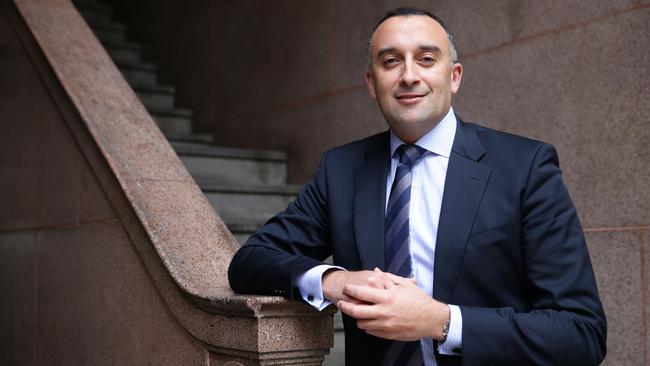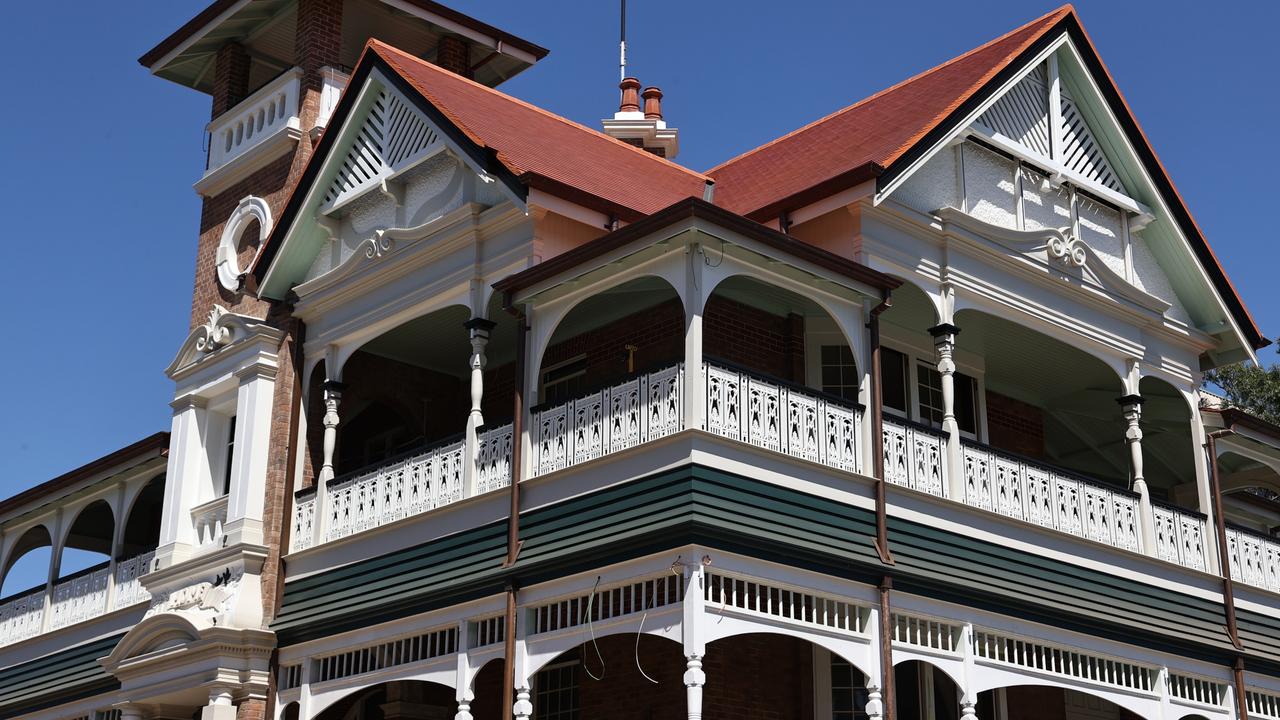Fears of fallout from tighter foreign investment rules
Investors are becoming concerned at the implications of the government’s move to crack down on foreign investment on national security grounds.

Business
Don't miss out on the headlines from Business. Followed categories will be added to My News.
Investors are becoming concerned at the implications of the federal government’s move to crack down on foreign investment in Australia on national security grounds.
While many advisers did not want to comment publicly on the tighter controls and the implications of this week’s rejection of a $300m bid by a Chinese company for South African-owned Australian construction company Probuild, Yasser El-Ansary, chief executive of the Australian Investment Council, said his members believed the pendulum had swung towards much stricter controls on foreign investment.
The council represents the $60bn private equity and venture capital industry.
“The feedback I have from the private capital industry is that the pendulum on foreign investment policy appears to have swung forcefully towards maximum oversight,” Mr El-Ansary said.
The private capital industry now wanted to see more clarification of the government’s policies in the wake of stricter new legislation that came into force on January 1 requiring any foreign bids for “critical assets” to be approved by the Foreign Investment Review Board.
The industry, as well as advisers on foreign investment, are concerned that a review of critical infrastructure legislation expected mid-year will expand the type of assets deemed to be critical assets under the law and thus sent for FIRB scrutiny.
There are also concerns that Chinese companies have gone through a lengthy FIRB approval process only to be rejected or advised in “preliminary decision letters” that their bid probably will not be accepted, prompting them to quietly drop their proposals.
“Firms make long-term multibillion-dollar decisions based on a set of assumptions around policy and regulation,” Mr El-Ansary said.
“It is in our interests to ensure that Australia has a clear and consistent global message in respect of what sort of foreign investment we want to attract.
“Government should do everything within its power to communicate openly with investors about what sorts of things will drive a decision to approve or decline an investment application.”
The investment guidelines, driven by “national security” interests, are coming into force at a time when the economy is dealing with the fallout from the COVID-19 pandemic.
Advisers are concerned that the moves, and the potential for foreign deals to face a lengthy FIRB approval process, will deter many foreign investors from injecting capital into Australia.
“Attracting foreign investment capital … is critically important to our economic recovery,” Mr El-Ansary said.
“We have to be able to import that capital to support the growth of domestic businesses across every industry sector. “What any investor, domestic or offshore, ultimately wants is certainty — they want to know what the rules are and how they will be applied.”
The industry is now bracing for a major expansion of what could become a foreign investment blacklist of “critical infrastructure”.
“In the months ahead we are likely to see more … guidance issued which will help to resolve areas of uncertainty under the new regime,” Mr El-Ansary said.
Several sources spoken to this week said they were discouraging Chinese investors from bidding for Australian assets given Canberra’s examination of deals on national security grounds.
They said this was leading to concerns by other foreign investors that their deals would face lengthy review processes.
At the same time asset sellers, particularly farmers wanting to retire from the land, were becoming wary of approaches from foreign buyers, concerned that any proposals could fall through after FIRB scrutiny.
In an interview on Thursday, Josh Frydenberg said the “national interest” would always “come first” in any review of foreign takeover proposals.
The Treasurer said the government had approved 250 foreign investment applications involving Chinese partners in the past six months, and “less than a handful” had not received approval.
“When it comes to our approach to foreign investment, we welcome it, it is important to Australia, from whichever country it comes,” Mr Frydenberg said.
“We do have a strict national interest test. When you apply the national interest test, it might apply to national security issues, it might apply to tax issues, it might apply to competition issues.”
Mr Frydenberg said it was a “challenging time” in the bilateral relationship between Australia and China. But he said the trade relationship was continuing strongly in a number of areas.
“It’s an important relationship both to China and to Australia,” he said. “If you look at what we’ve been able to provide China over many years, it’s affordable, reliable supply of key commodities.
“Our iron ore from Australia has helped underpin China’s economic growth, and we have been a very reliable supplier of not just iron ore but a range of commodities, products and services.”
More Coverage
Originally published as Fears of fallout from tighter foreign investment rules




